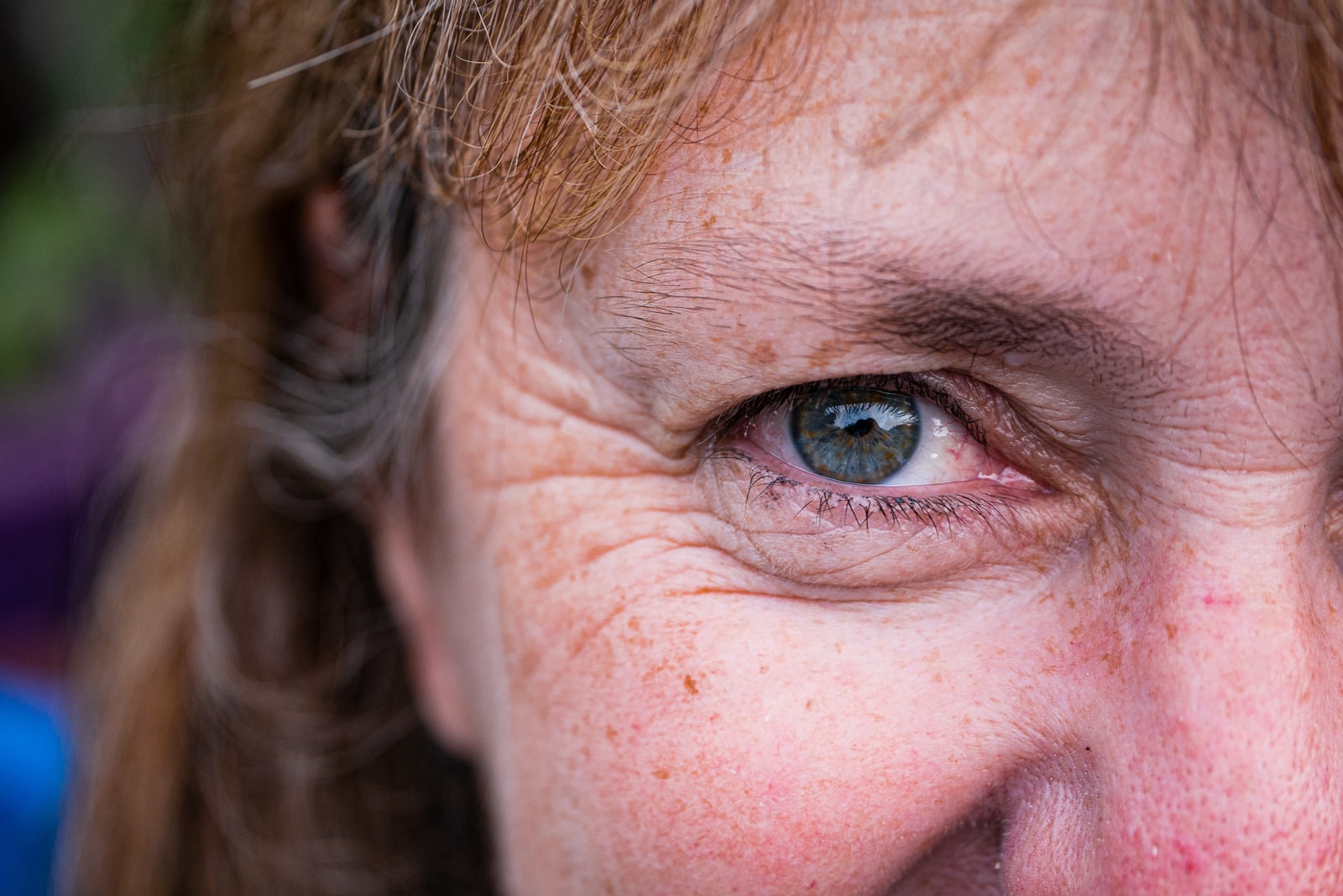
Vulvar Cancer
Symptoms, diagnosis and treatment options.
Helping you to understand
At Gynae Solution, we will use plain language to explain what you have, what the treatment options are and what your prognosis is in terms you can understand.
What are the symptoms of Vulvar Cancer?
Cancer of the vulva most often affects the two skin folds (or lips) around the vagina, known as the labia. The vulva is the skin and fatty tissue between the upper thighs of women. It extends from the area of the anus to about an inch below the pubic hairline.
Symptoms include:
- Vulvar itching that lasts more than a few weeks
- A cut or sore on the vulva that won’t heal
- A lump or mass on the vulva
- Vulvar pain
- Bleeding from the vulva (different from your usual menstrual bleeding)
- Burning in the genital area that lasts even after your doctor has treated the burning
- Any change in size, colour, or texture of a birthmark or mole in the vulvar area
Below we will explain how Vulvar Cancer is diagnosed and treatment options available to you.
How is Vulvar Cancer diagnosed?
A physical examination, including a pelvic exam, is the first step in diagnosing vulvar cancer.
In the examination, the doctor inspects the vulva and then feels the uterus, vagina, ovaries, bladder, and rectum to check for any unusual changes. If your doctor finds an abnormal area on the vulva, they may want to take a small piece of tissue to look at under a microscope.
In addition to a physical examination, the following tests may be used to diagnose vulvar cancer:
-
Biopsy
-
Colposcopy
-
Chest x-ray
-
Computed tomography (CT or CAT) scan
-
Positron emission tomography (PET) or PET-CT scan
-
Magnetic resonance imaging (MRI)
-
Endoscopy
Listening to you
It's important to find a consultant who will listen to your concerns to help explain and answer any questions you might have.
How is Vulvar Cancer treated?
Vulvar cancer is usually treated with surgery, radiation therapy, chemotherapy, or a combination of treatments.
The type of surgery depends on the size, depth and spread of the cancer. Your doctor will review all the options for surgery and the pros and cons of each option. Even with surgery, some people may also need radiation therapy.
There are 3 surgical options to treat vulval cancer:
- radical wide local excision – the cancerous tissue from your vulva is removed, as well as a margin of healthy tissue, usually at least 1cm wide, as a precaution
- radical partial vulvectomy – a larger section of your vulva is removed, such as one or both of the labia, and possibly the clitoris
- radical vulvectomy – the whole vulva is removed, including the inner and outer labia, and possibly the clitoris
After surgery for vulvar cancer, we will help you through enhanced recovery after surgery.
In some cases, your care team may decide to combine surgery with chemotherapy and radiation therapy. This will depend on many factors, including the location of your cancer, how aggressive it is, and whether it has spread to another part of the body.

